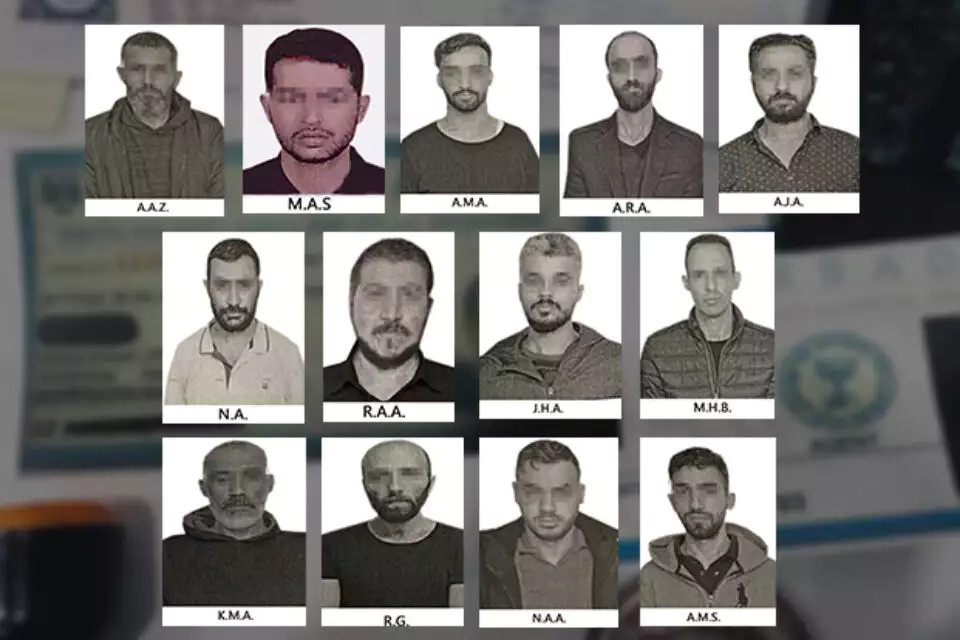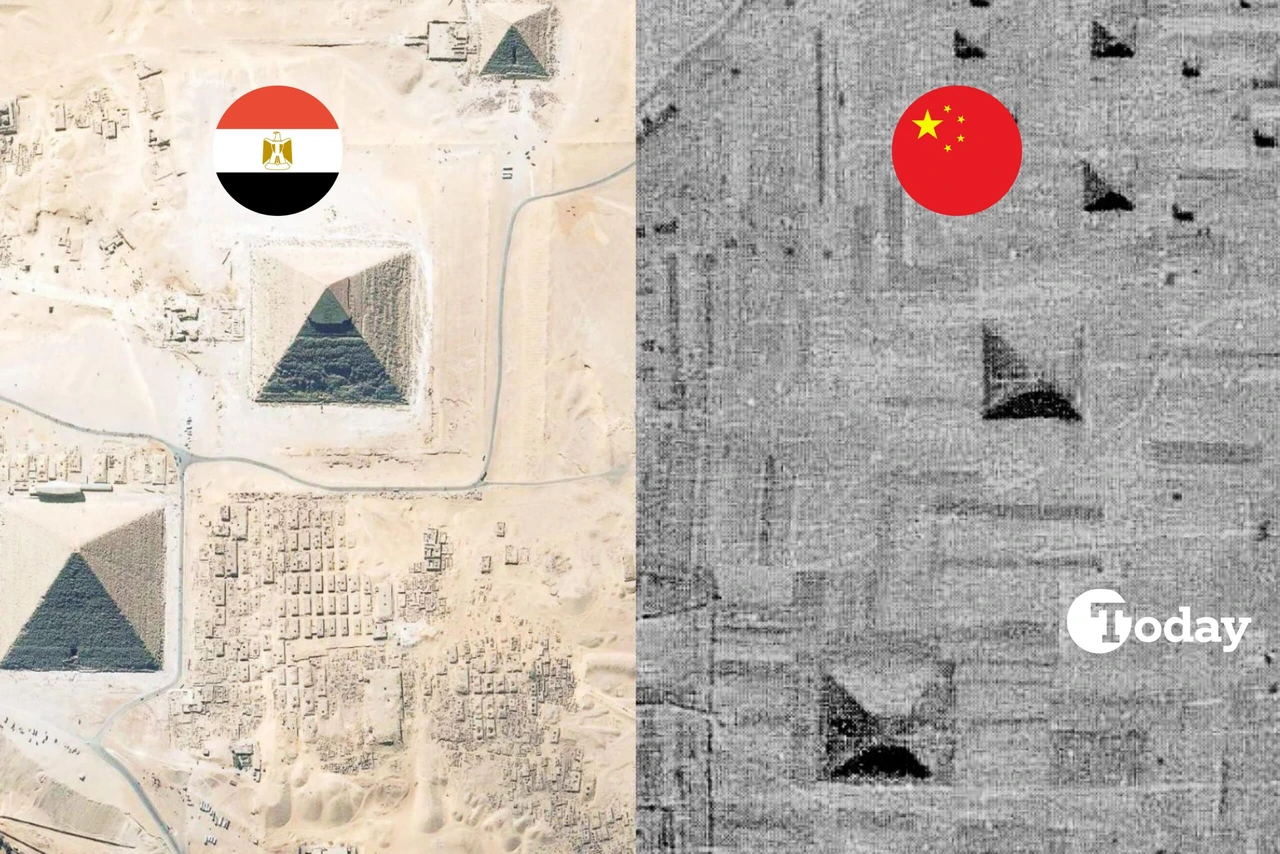Turkish court sentences 35 Mossad spies to prison for espionage, 19 acquitted
 Turkish police. (AA Photo)
Turkish police. (AA Photo)
In a major espionage case, a Turkish court sentenced 35 individuals to six years and eight months in prison for allegedly providing intelligence to Israel’s Mossad. Meanwhile, 19 defendants were acquitted.
The trial, which centered on accusations of spying on Palestinian and Hamas-linked individuals in Türkiye, has drawn significant attention due to its scope and the involvement of foreign intelligence networks.
Mossad espionage network uncovered
The accused were charged with gathering secret information, including addresses and images, and sharing it with the Israeli intelligence agency. Prosecutors claimed that Mossad had targeted individuals with ties to Hamas, using mobile applications and encrypted communication to coordinate operations remotely. A total of 56 suspects were on trial, with some facing up to 45 years in prison for espionage.
Among the evidence presented were videos of Istanbul’s Suleymaniye Mosque and photos of locations in Basaksehir, allegedly requested by Mossad operatives. According to court testimonies, some of the defendants, including a man identified as Siala, admitted to sending the requested materials for financial compensation but denied knowledge of Mossad‘s involvement.

Israeli intelligence operations in Türkiye
Prosecutors alleged that Mossad formed a covert team using various online platforms, including Telegram and WhatsApp, to coordinate espionage activities. Payments for the intelligence gathered were made through international money transfer companies and cryptocurrencies, according to the indictment. The investigation revealed that those recruited for the operation were often unaware of the true nature of their tasks, believing they were working for private companies.
One of the defendants, Siala, claimed that he did not know the videos and images he sent would be used for espionage. “I thought they were for marketing purposes,” he said during the trial. Another defendant described how a contact known as Abu Sajced, whom he met through a mutual friend, claimed to be involved in trade and later revealed ties to Mossad.
Court’s ruling and sentencing
Ahmet Koray Ozgurun and Alperen Erkut, two key defendants, were each sentenced to eight years and four months in prison for obtaining prohibited information for espionage purposes. The court reduced the sentence from 10 years, taking into account the potential impact on their futures.
Additionally, 35 other defendants were sentenced to six years and eight months for the same crime, with similar sentence reductions applied. All convicted individuals were prohibited from leaving the country under travel bans imposed by the court. The remaining 19 defendants were acquitted due to insufficient evidence.

Details of the indictment
The indictment prepared by the Istanbul Chief Public Prosecutor’s Office detailed how Mossad used encrypted apps like Telegram and WhatsApp to communicate with its recruits. It also revealed how Mossad had avoided face-to-face meetings, relying on virtual communication and using international money transfers, cryptocurrencies, and couriers to pay operatives.
The accused were also instructed to create WhatsApp groups, manage websites, document photos and videos, and conduct surveillance on specific individuals. Some were even tasked with carrying out physical assaults and thefts, according to the prosecution.



